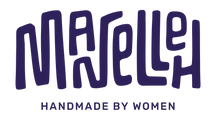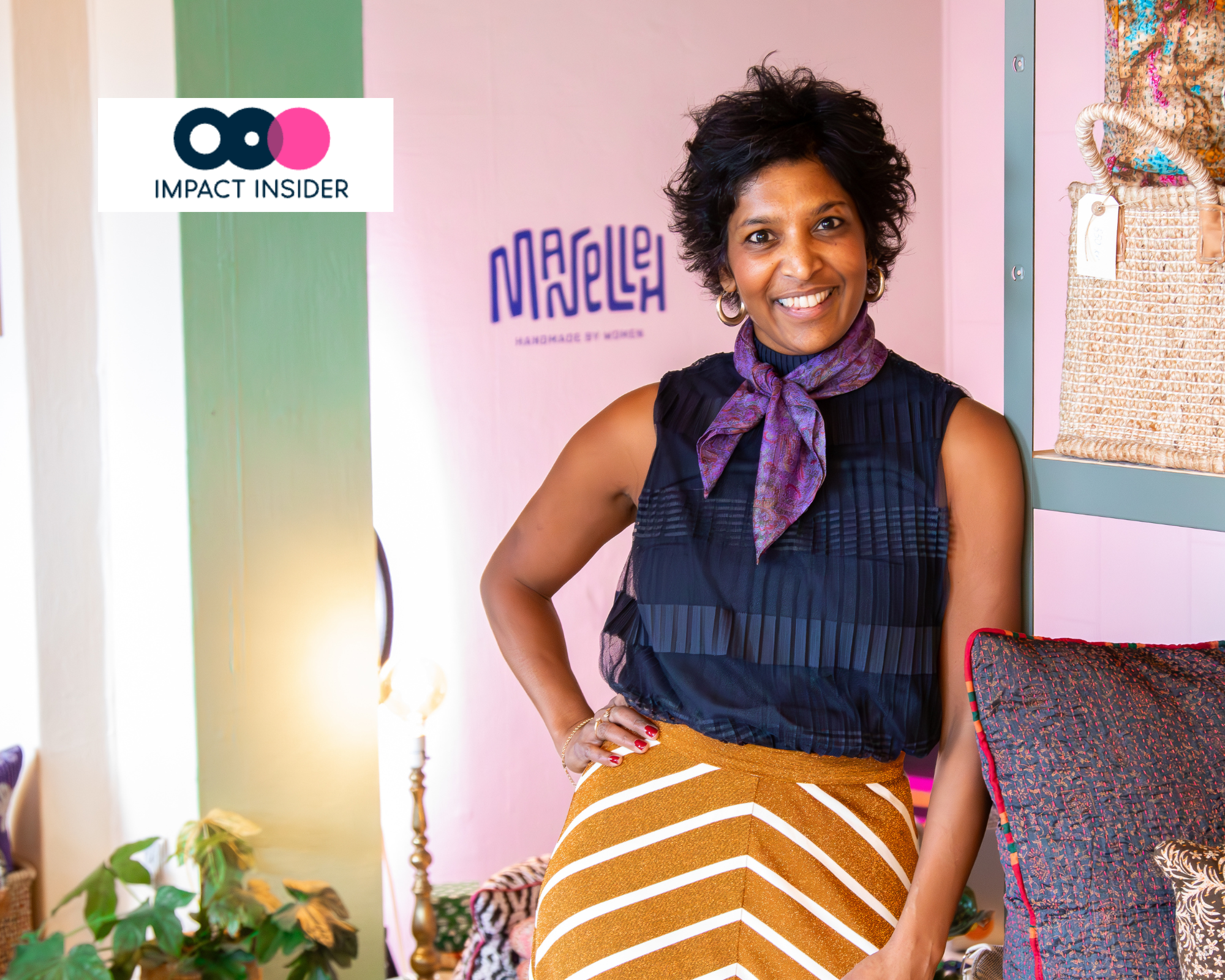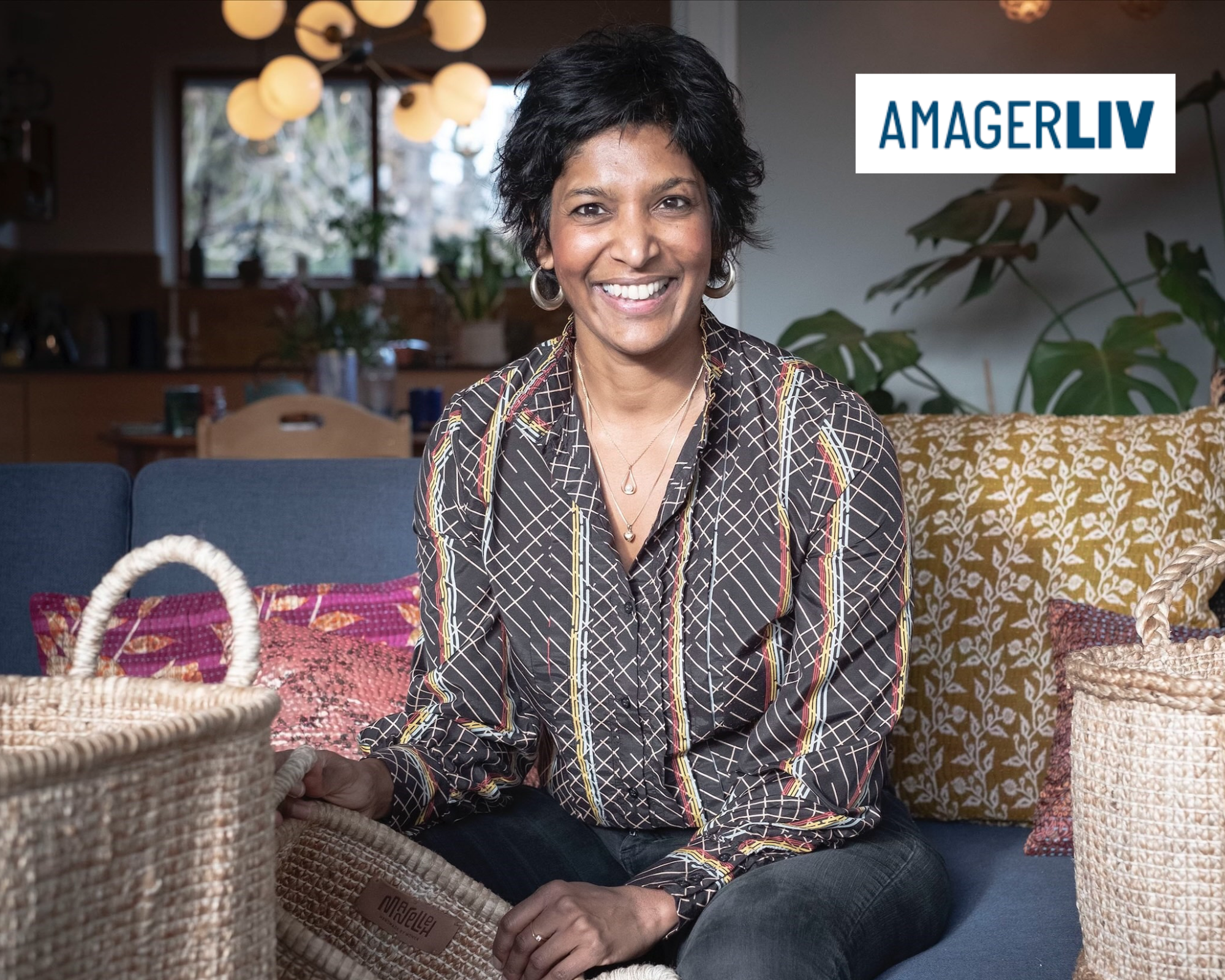How do we make a difference for women?
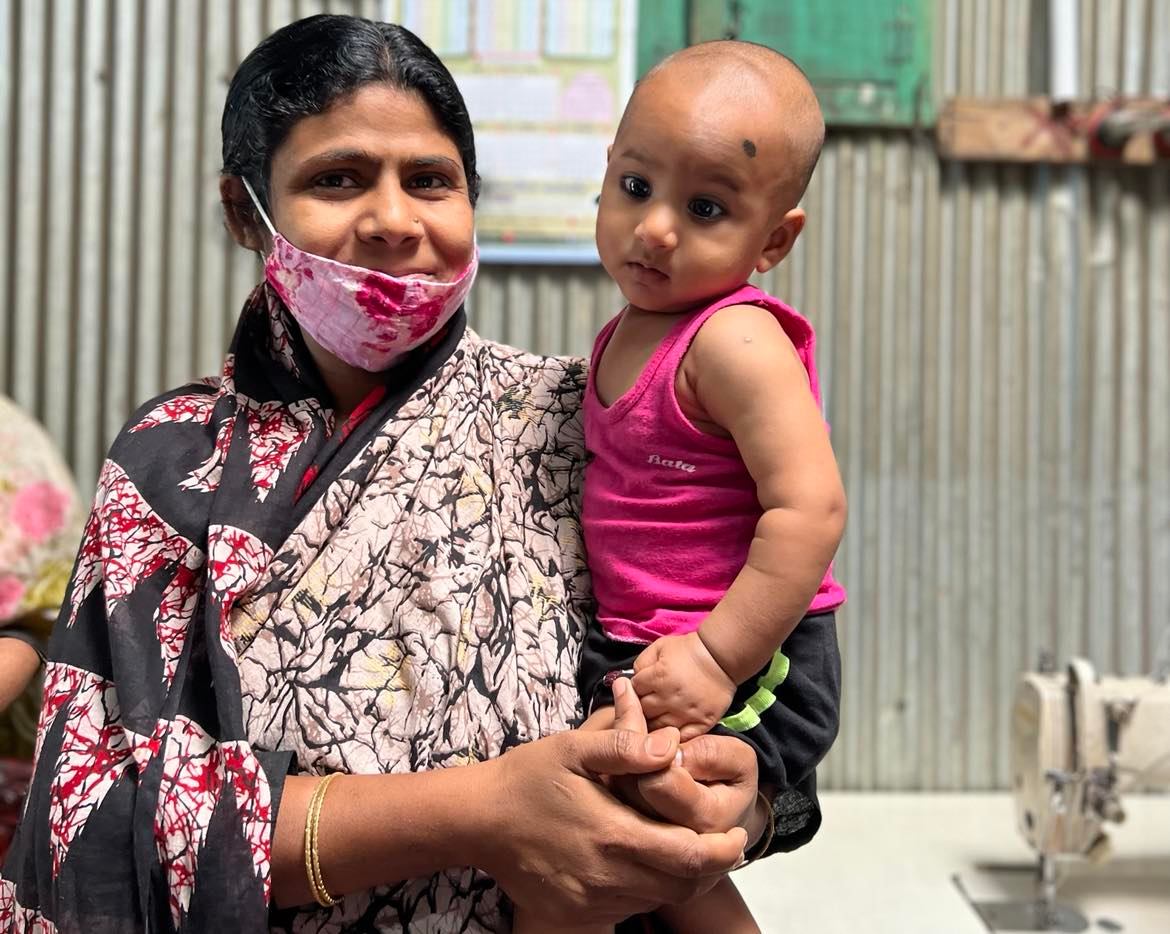
The core or focal point for Manelleh is to make a difference and raise the standard of living for women around the world. Every time you buy a product from Manelleh, you contribute to more women having proper, meaningful and dignified jobs. Each purchase helps to make a lasting and positive difference for the women and their families.
But how can you and I know that the women actually have decent wages and working conditions? I have been asked that question many times, and therefore I have had no doubt that it should of course be the subject of my first blog post on Manelleh.com.
In the blog post, I will talk about how I have found the organizations I collaborate with and, of course, also why I am sure that the women work under decent working conditions. But before I get there, I want to start by telling you why I started with women in Bangladesh.
Why did Bangladesh become the first country?
There are many who ask me why I have started with Bangladesh and not instead chosen Sri Lanka, where I was born and adopted from. In fact, I started with a list of five to ten countries that I thought were obvious and that I also had some connection to. For example, India and South Africa, both of which are countries where I have good contacts, memories and beautiful products from.
My wish is to collaborate with organizations and women from many different countries. Sri Lanka was and is of course still on the list, but I ended up choosing Bangladesh, which I visited and got to know in 2013. It was in connection with my work for Save the Children, where I worked with child labor in the textile industry.
I have chosen Bangladesh because it makes sense in every possible way to contribute to better jobs for women in a country where millions of women work in a textile factory for very low wages. At the same time, the country offers really beautiful products and fantastic craft traditions, and finally, over almost 10 years, I have built a friendship with a local and former colleague in Save the Children, Obaidur Rahman. And having someone "on the ground" has also been a decisive factor for the choice of Bangladesh, especially in a time of COVID, i.e. where I have not been able to travel myself.

How have I found some organizations that specifically support women?
Back in 2013, when I was in Bangladesh, I visited some different organizations working to create better working conditions for women. It made a huge impression on me, and I was really impressed to experience these organizations that worked to create better conditions for women.
I had no idea how many such organizations existed? How was I supposed to find them? And if I got that far, how would I start a collaboration with them? I just knew that it was some very special organizations that I was looking for. And I would never have found them without the help and sparring of two very special people - with local knowledge.
One was my former colleague in Save the Children, Obiofr Rahman, which continues to be a huge help and support today. The other, from whom I received invaluable help, is an amazing woman, Samina Ahsan Shahrukh, who has worked for the Danish embassy in Bangladesh for many years. She is used to doing tasks for Arla and Mærsk and other large Danish companies that are present in Bangladesh. I think she (to my great benefit) lost her heart to the idea of starting Manelleh and making a difference for women in Bangladesh.
How do you and I know that the women have decent wages and working conditions?
To be sure to find the right organizations, I set up some criteria that Obaidur and Samina could use as a guideline for their research. First, they had to be organizations that supported women and lived up to mine non-negotiables. Next, they had to make beautiful, high-quality handmade products. Finally, they should want to work with a start-up, i.e. me😊.
On that basis, I got to know many good organizations. I selected two, Saidpur Enterprises and Bunon Kutir, which I went ahead with and made my own assessment, i.e. thorough assessment of. I did this on the basis of a questionnaire (inspired by UN Global Compact self assessemt tool) and in-depth interview that I did with Obaidur.
We asked them about the big and the small. Everything from whether they had a working environment policy and what the women were paid - to whether there were proper toilet conditions and lights on the street in the evening when the women go home from work. I also took part in an online visit where I saw how the women made the products. In this way, I quickly got to know the organizations quite well.
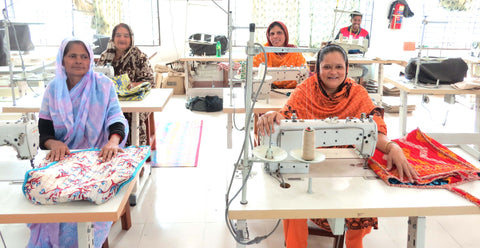
Members of the World Fair Trade Organisation
Today I collaborate with three organisations. Besides Saidpur Enterprises and Bunon Kutir, I have recently started working with an organization called Tarango, which was actually one of the organizations I visited back in 2013. All three organizations are members or on track to become members of the World Fair Trade Organization (WFTO), which is a global umbrella organization that brings together and audits social Fair Trade companies .
WFTO makes very comprehensive audit reports (of more than 30 pages) and makes recommendations to the organizations about where and how they can improve, so that they become even stronger, more sustainable and can create an even greater impact. That means making an even bigger difference for the women and their families. Saidpur Enterprises and Tarango have been members for many years and Bunon Kutir is well on its way to being approved (from initial to guaranteed member).
Overall, I therefore have a good knowledge of the organizations and I work very closely with them. What all three of them have in common is that they work every day to raise living standards and create proper, meaningful and dignified jobs for women. They work to empower women to be independent and live a life free from poverty. Allow them to earn their own money, send their children to school, live a life free from prostitution, discrimination, insecure and low-paying jobs, and free from physical or sexual violence.
I am proud to work with all three organizations and I am already looking forward to the next time I visit them😊.
Love
Maria
Founder of Manelleh
